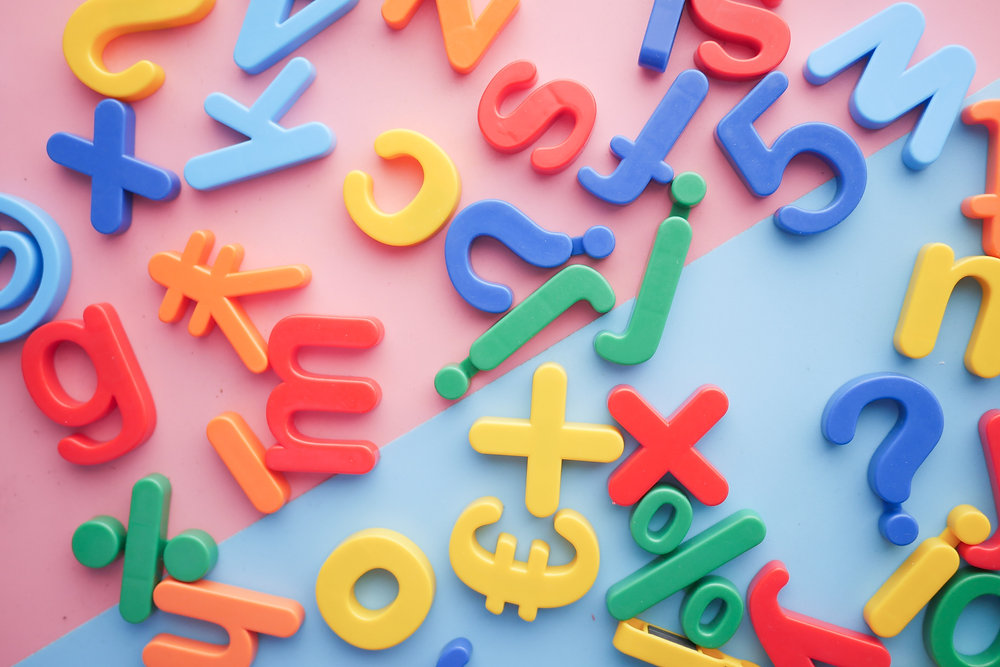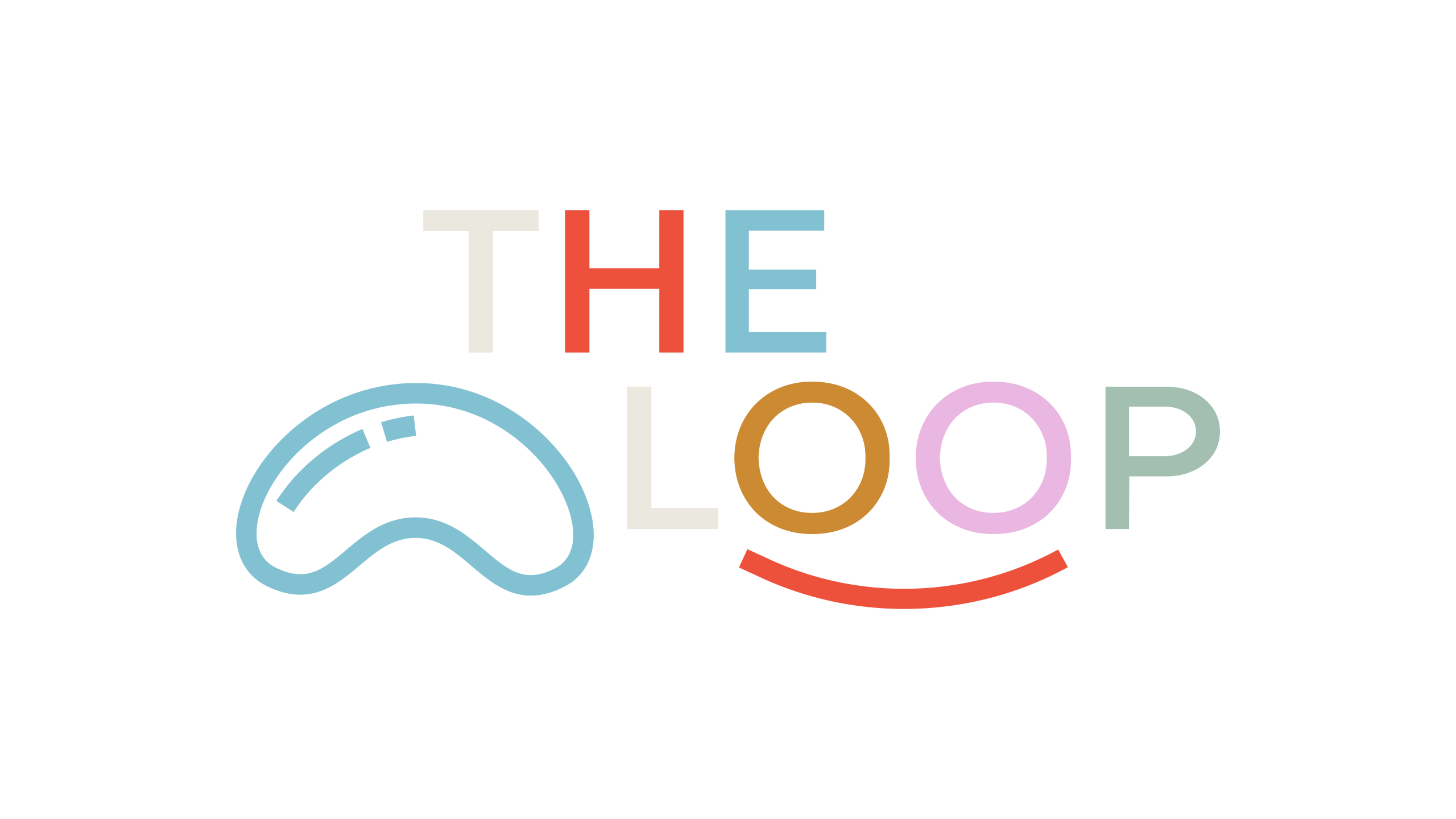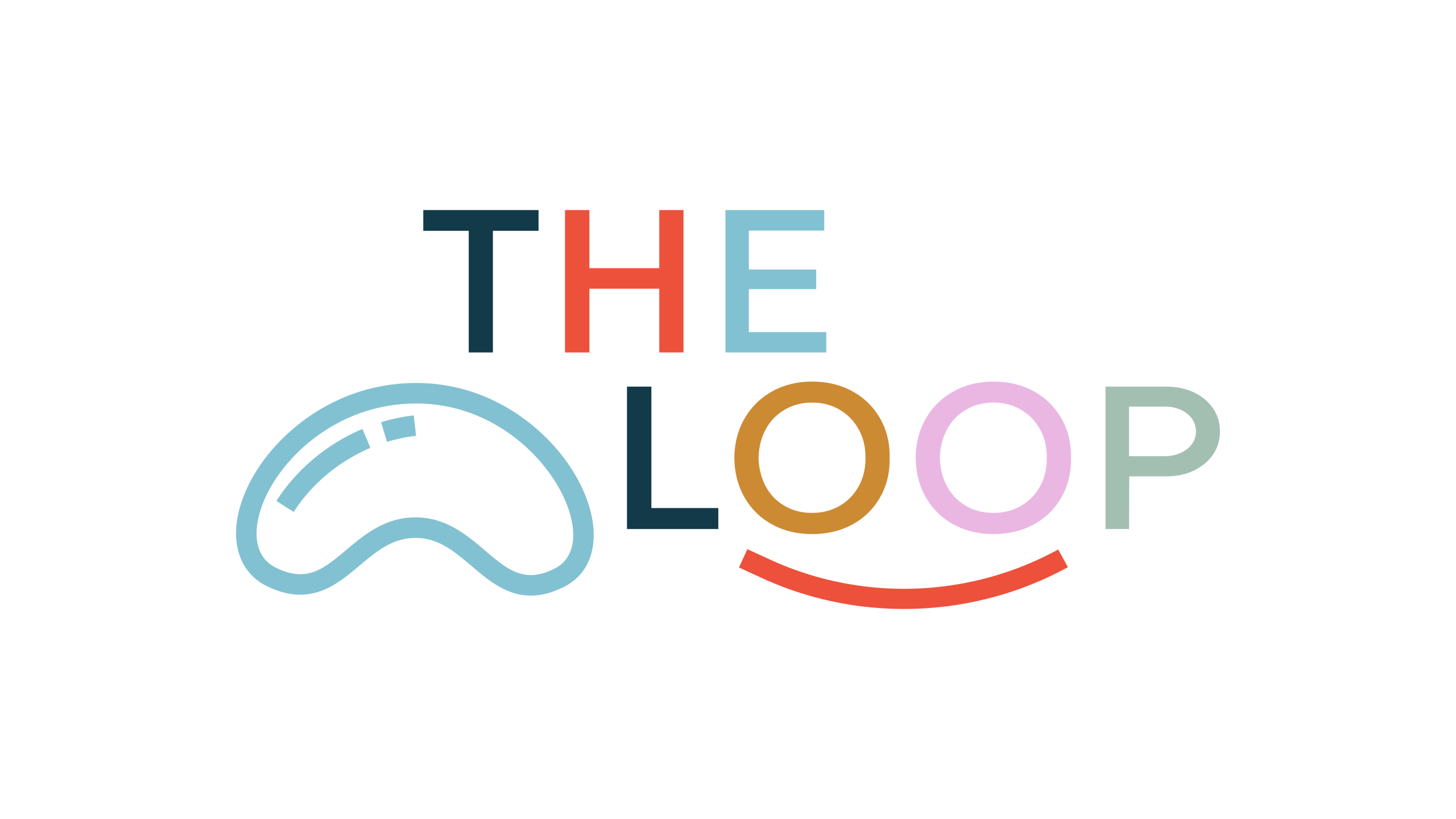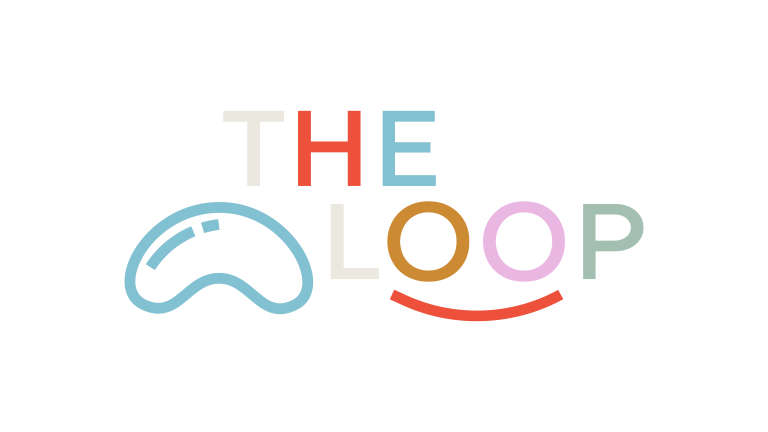
Language is too big a topic to adequately cover in one post, so we’re going to be exploring the different facets of our language skills over the course of a few articles in our weekly blog series.
This week, we’ll take a look at how our brains are involved in processing the language we encounter. It’s a pretty fascinating topic, and one we hope you’ll enjoy learning about as much as we enjoy writing about it!
In a nutshell—language processing is how our brains take what we hear and transform it into meaning. It’s also the system we use to craft and deliver a response.
We may think language works like magic—but science has shown our language systems are more akin to a complex computer program, with our brains acting as the supercomputer that interprets and runs this intricate system of code.
Hey, it’s still pretty cool, right?
We certainly think so. And that’s why we wanted to take the time to explain what language processing is, how it works, and what can be done if there are issues with this program and its component parts.
What is language processing and why is it important?
As we mentioned above—language processing is our brain’s ability to interpret what we hear, as well as to put together meaningful responses to express ourselves to others.
Neurologically speaking, most people are what we call “left lateralized” for language. It’s kind of a mouthful, we know—but what it means is the majority of people store their crucial language centers in the left hemisphere of their brain.
Now, language is so big and important that it’s stored diffusely throughout our brains’ four primary lobes—but science has found the majority of folks store their critical language skills in two primary zones, usually found on the left side of the brain.
Specifically, there’s an important area involved in understanding language in your left temporal lobe (which is right around your left ear). This is known as Wernicke's area.
A crucial area involved in creating speech is generally found in your left frontal lobe (the one in the front of your head), and is known as Broca’s area.
These two areas (along with many other brain regions and cranial nerves) interact with one another in a loop of language understanding and expression.
Now, we could go full “neuro nerd” on you here, and dive deep into all the systems involved in how our brains process language—but we’ll spare you the minute details.
Suffice to say—language processing is a complex and fascinating system that allows humans to effectively understand and communicate with one another, in both verbal and written exchanges.
This ability is crucial to us, as it gives us the means to interact with our world and the people in it. Language is useless with no way to process it—words would have no meaning, and we wouldn’t be able to understand anything that was said to us.
Our brain is the tool that helps us transform sounds into meaning, and make meaning out of sounds. It accomplishes this through language processing.
How do we use language processing skills in daily life?
Let’s zoom away from the neuroscience piece of the puzzle and take a look at how we actually use language processing skills in our daily lives.
When you see these skills in action, there’s no doubt how important our language processing abilities are. And we at The Loop are all about functional outcomes and understanding.
Imagine you’re helping out a friend. She asks you to pick up her dry cleaning before you bring the kids to soccer practice, but after you leave her key with the neighbor. Without your language processing skills, you’d be lost to understand and follow this contingent set of directions.
Remember solving word problems in math class? (I know—not my favorite, either). Your language processing skills are how you unearthed the equation hidden in all those words.
Enjoy reading? Ever had to explain the plot of your favorite book to someone? Our language processing allows us to get meaning from text, and to explain it to others. It’s crucial in helping us understand and discuss what we read.
Ok, one last real world example—Ever had to write a paper or report? Yeah? Well, thank your language processing skills for your ability to organize your thoughts on the page, and to string them together in a way that makes sense.
Our language processing skills help us use grammar and structure sentences, choose appropriate words, AND stay on topic when we’re writing.
We mentioned earlier that language processing skills are arranged in a hierarchy. Let’s explore how and why this is, as well as the skills found at each level.
What are the levels of language processing?
Language processing is structured as a hierarchy because certain skills are more complex than others, and require higher level processing abilities. Our language processing skills build upon one another, with earlier skills laying the foundation for our acquisition of more sophisticated skills later on.
The hierarchy of language processing ranks skills from simplest to most complex, and looks like this—
Labelling—the ability to accurately name objects and people
Functions—the ability to tell what something does
Categorization—the ability to group items with shared characteristics
Similarities—the ability to compare something to something else
Synonyms—the ability to find another word that shares a similar meaning
Differences—the ability to contrast items and ideas based on differences
Opposites—the ability to state a word that has the opposite meaning (aka antonyms)
Multiple Meanings—the awareness that some words have more than one meaning
Descriptions—the ability to relate an event using logic and relevance, so a listener can follow and understand
These skills progressively build upon one another—with each one helping to support the attainment of the next. Once all are mastered, we’re able to process, understand, and express the complexities of our language, as it moves from concrete to abstract.
Once these skills are fully realized, we’re able to understand and use things like figurative language.
Considered the highest level of language, figurative language involves ideas that are symbolic, rather than literal. This includes things like metaphors, similes, idioms, and personification. These devices are used often in our written language, in particular, so they’re important concepts to learn and grasp.
Here at The Loop, our team of stellar Speech and Language Pathologists are skilled at diagnosing and treating children experiencing problems with their language processing skill acquisition and mastery. Read on to learn more about how we can help if your child is struggling with these skills.
What happens when a child has difficulty with language processing skills?
When a child has issues with their language processing skills, it can impact their brain’s ability to generate meaning from what they hear, or to organize and use language for meaningful communication.
This can quickly become an issue that negatively impacts their ability to thrive in the school setting, and it’s one we work to assess and treat quickly to reduce the obstacles it presents.
If your child is struggling in school or at home and you believe their language processing skills may be the cause, we’re here to help! You can reach out to us directly or through your child’s school or teacher to set up an initial meeting to discuss your options.
If it’s agreed that an assessment is indicated, we’ll coordinate with your child’s teacher to find a time that works to evaluate them right in school. From there, we’ll involve you and your child’s teacher in the development of an individualized treatment plan, designed specifically to address your child’s unique needs. We’ll even take into account your child’s preferences, likes, and dislikes—so we can provide treatment they enjoy, as well as benefit from!
While our therapy with your child will be tailored specifically to them, our treatment for language processing issues usually offers some similar features. Our sessions may take place one-on-one, in a group, in your child’s classroom—or likely a combination of these.
We’ll advocate for your child in the classroom, making sure any necessary modifications to their learning environment or schoolwork presentation are made to help them succeed.
We can work with educators to modify the way your child takes tests, create strategies to help your child successfully participate in class, and support your child by setting up and facilitating any accommodations they may benefit from in the school setting.
We’ll work with your child’s ability to recognise and use proper sentence structure, and we’ll model well-structured sentences, so they can listen and better understand the rules of our language.
We’ll help them navigate and plan ahead, teaching skills like self awareness and advocacy. We’ll offer them many different opportunities to engage with language, presented in fun, multimodal ways.
Finally, we’ll involve you in therapy by training you in helpful strategies and activities you can do at home to help your child with the skills we’re targeting.
We’re truly passionate about helping kids like yours learn and thrive—and we believe it shows in the outcomes we achieve with the families and schools we’re honored to serve.
Our team is here to help you. If you have any questions about the services we can offer your child—reach out! We love talking about all things language and are honored to provide individualized, holistic therapy services to help children reach their full potential.
At The Loop, we believe your child’s therapy should be as one-of-a-kind as they are. It’s our privilege to be in the loop of their education—so we can offer support and help them thrive!
Don’t forget to check out all the awesome info and materials on our website, follow us on social @TheLoopSLL, or reach out with questions at info@theloopsll.com.


